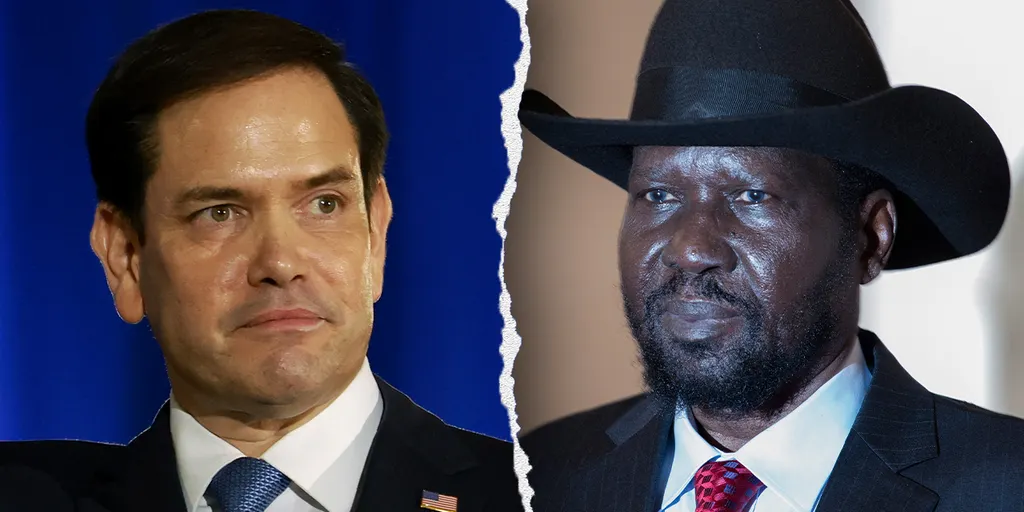South Sudan’s government is strongly pushing back against the United States’ decision to revoke all U.S. visas for South Sudanese nationals, calling the move unjust, discriminatory, and rooted in a case of mistaken nationality involving a Congolese citizen.

The U.S. State Department announced Saturday that visa services would be suspended for all South Sudanese following Juba’s alleged failure to cooperate with deportation proceedings particularly in refusing to accept a deportee removed from the U.S.
However, in an official statement released Monday, South Sudan’s Ministry of Foreign Affairs disputed the claim, stating that the individual in question was not a South Sudanese national, but rather a Congolese citizen, who was returned to the U.S. with documented proof of his true nationality. These findings, the ministry said, were shared with American officials.
“The government deeply regrets that despite this history of collaboration and partnership, South Sudan now faces a broad revocation of visas based on an isolated incident involving misrepresentation by an individual who is not a South Sudanese national,” the statement said.
South Sudan’s Information Minister Michael Makuei Lueth told the Associated Press that the U.S. decision was likely politically motivated, suggesting that Washington is “attempting to find faults with the tense situation” in South Sudan as a pretext for punitive measures.
“No sovereign nation would accept foreign deportees,” Lueth said, defending his government’s stance and emphasizing that South Sudan has consistently worked with the U.S. on migration issues.
The diplomatic row comes as South Sudan remains on fragile footing domestically. The United Nations warned in March that the country was at risk of descending into renewed civil war. Opposition leader and Vice President Riek Machar remains under house arrest on allegations of inciting violence after his loyalists allegedly seized an army camp and attacked a U.N. helicopter.
These tensions have raised fears that South Sudan’s political instability may now be influencing its international relationships, with visa restrictions compounding the nation’s isolation amid growing internal unrest.
While the U.S. did not publicly release the name of the deportee at the center of the controversy, Deputy Secretary of State Christopher Landau noted via social media that the visa dispute stemmed from “one individual” whose repatriation was declined despite having been certified by South Sudan’s embassy in Washington.
“We will be prepared to review these actions when South Sudan is in full cooperation,” the U.S. government said, signaling that future visa access hinges on the resolution of the deportation impasse.
At present, it remains unclear how many South Sudanese nationals hold valid U.S. visas or how many may be affected by the sudden suspension.



